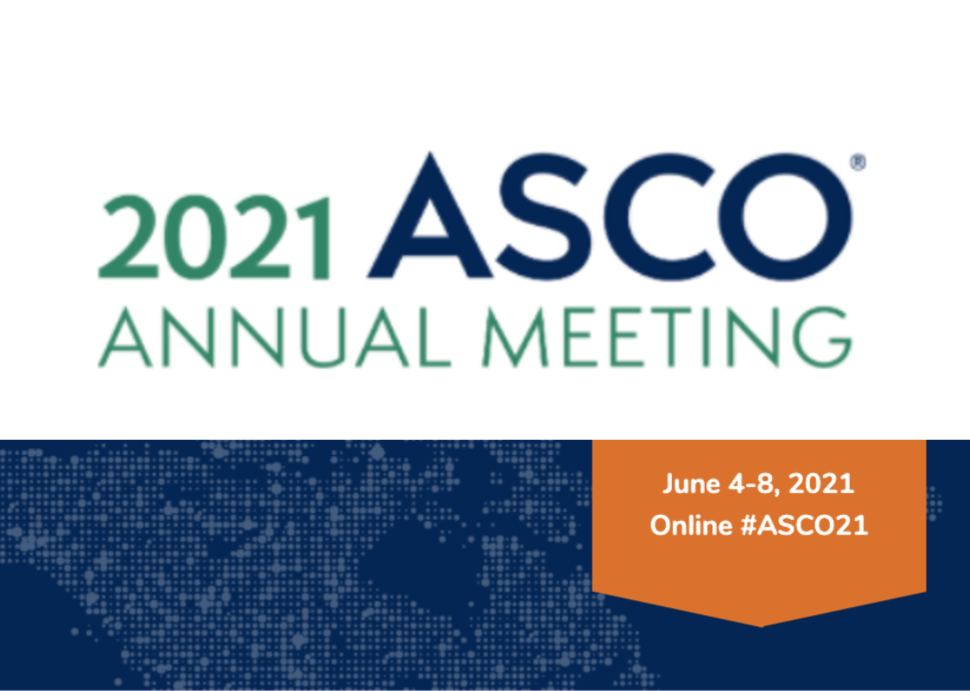Share this Page:
Adjuvant therapy is medication that is given in addition to surgery (nephrectomy) to try to prevent the cancer from coming back. Adjuvant therapy can be used to kill any remaining microscopic cancer cells, or it can control the growth of any remaining cancer.
Nephrectomy is the standard of care for renal cell carcinoma (RCC); however, in about half of all patients, the cancer comes back after nephrectomy. Adjuvant therapy would help to prevent recurrence of the disease after nephrectomy in patients with locally advanced RCC. Vascular endothelial growth factor (VEGF) inhibitors and cytokines have been tested as adjuvant therapies for RCC, but the benefit for patients has been inconsistent.
The results from the phase 3 KEYNOTE-564 trial were presented at the American Society for Clinical Oncology (ASCO) Annual Meeting that was held virtually over the weekend. The study looked at the use of pembrolizumab as an adjuvant therapy for patients with clear cell RCC after having a nephrectomy. Patients were randomly allocated to have either pembrolizumab or placebo for about one year.
Pembrolizumab significantly reduced the risk of the cancer returning by about one third (32%). After one year of treatment, 85.7% of patients on pembrolizumab remained free from disease, while 76.2% remained disease-free on placebo. This 10% difference remained at 2 years, were 77.3% of pembrolizumab patients remained disease-free compared to 68.1% on placebo. The trial remains ongoing to collect more information on overall survival times; however, the data shows a trend that pembrolizumab may reduce the risk of death by up to 46% compared to placebo.
Side effects were reported from most patients in the study (96.3% of patients on pembrolizumab and 91.1% on placebo). There were no new side effects reported with pembrolizumab as compared with previous trials. The most common immune-related side effects on pembrolizumab affected the thyroid gland (hypo- or hyperthyroidism) and were manageable.















